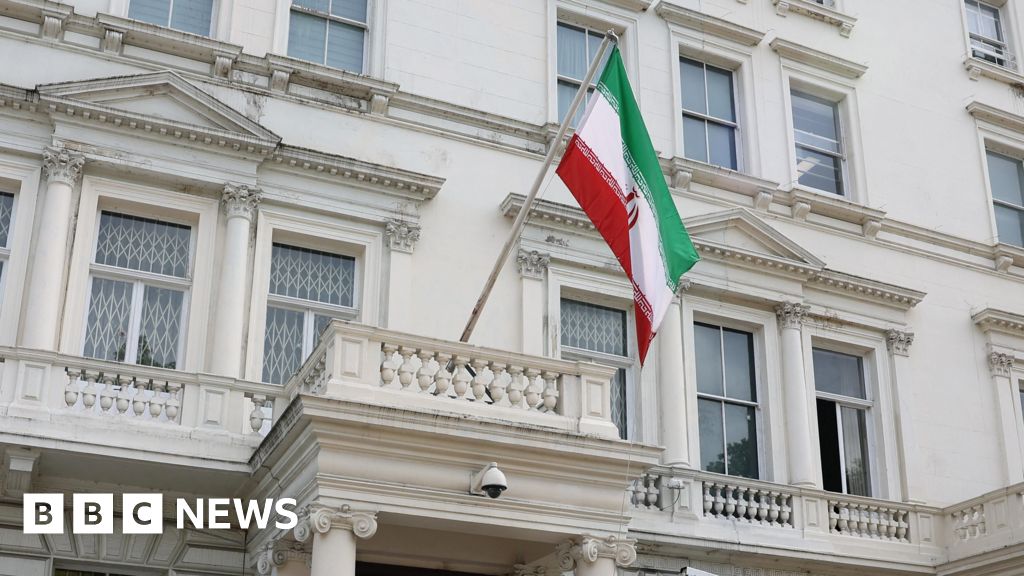The UK faces a “rising” and unpredictable threat from Iran and the government must do more to counter it, Parliament’s intelligence and security committee has warned.
The call comes as it publishes the results of a major inquiry which examined Iranian state assassinations and kidnap, espionage, cyber attacks and the country’s nuclear programme.
The committee, which is tasked with overseeing Britain’s spy agencies, has raised particular concern over the “sharp increase” in physical threats posed against opponents of the Iranian regime in the UK.
“Iran poses a wide-ranging, persistent and unpredictable threat to the UK, UK nationals and UK interests,” said Lord Beamish, committee chair.
“Iran has a high appetite for risk when conducting offensive activity and its intelligence services are ferociously well-resourced with significant areas of asymmetric strength.”
He added: “Iran is there across the full spectrum of all the kinds of threats we have to be concerned with.”
The committee accuses the government of focusing on “crisis management” and “fire-fighting” with Iran, as well as on its nuclear programme, at the expense of other threats.
It says the national security threat from Iran requires more resourcing and a longer-term approach.
“Whilst Iran’s activity appears to be less strategic and on a smaller scale than Russia and China, Iran poses a wide-ranging threat to UK national security, which should not be underestimated: it is persistent and – crucially – unpredictable.”
On the physical threat to people living in the UK, the committee said it has significantly increased in pace and in number since the start of 2022.
It is focused at dissidents and other opponents of the Iranian regime, it said, adding there is also an increased threat “against Jewish and Israeli interests in the UK”.
There have been at least 15 attempts at murder or kidnap against British nationals or UK-based individuals since the beginning of 2022, the report found.
“The Homeland Security Group told us that the threat of physical attack on individuals in the UK is now ‘the greatest level of threat we currently face from Iran’, and comparable with the threat posed by Russia.”
But, the committee said, Iran does not view attacks on dissident, Jewish and Israeli targets in the UK as attacks on the UK. The report continues: “It rather sees the UK as collateral in its handling of internal matters – i.e. removing perceived enemies of the regime – on UK soil”.
The 260-page report was published on Thursday as part of the committee’s inquiry into national security issues relating to Iran. It covers events up to August 2023, when the committee finished taking evidence.
It has previously been read by Prime Minister Sir Keir Starmer, who was sent a copy in March, and circulated among UK intelligence organisations to give them the opportunity to check accuracy and request redactions on national security grounds.
According to the committee, the government is required to provide its response within 60 days of publication.
The committee examines the policies, expenditure, administration and operations of UK intelligence organisations including MI5, MI6, and GCHQ.






